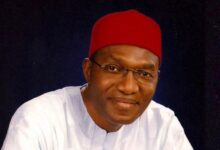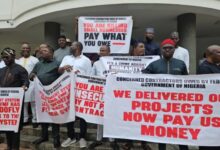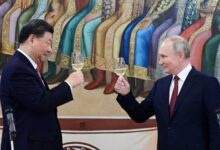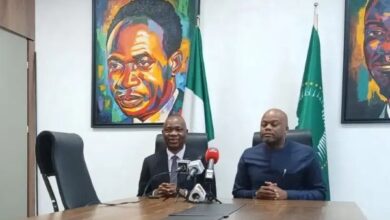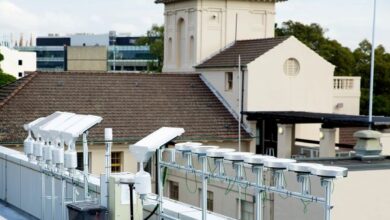Benue Bloodshed Isn’t a Clash – It’s Genocide, Tor Tiv Tells Tinubu Amid Political Turmoil
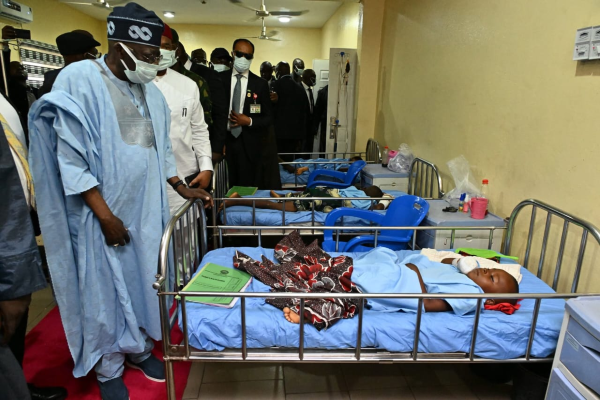
President Bola Ahmed Tinubu’s visit to Benue State on Wednesday has stirred a wave of political and public sentiment — ranging from emotional appreciation to simmering resentment — as the state continues to reel from decades-long violence that has increasingly been labelled not just as communal clashes, but as systematic ethnic cleansing.
At the heart of the president’s engagements in Makurdi was a blunt, searing message from His Royal Majesty, Tor Tiv V, Prof. James Ayatse, who unequivocally told the Commander-in-Chief: “This is not a herder-farmer crisis. This is genocide. A deliberate land-grabbing invasion, not a dispute.”
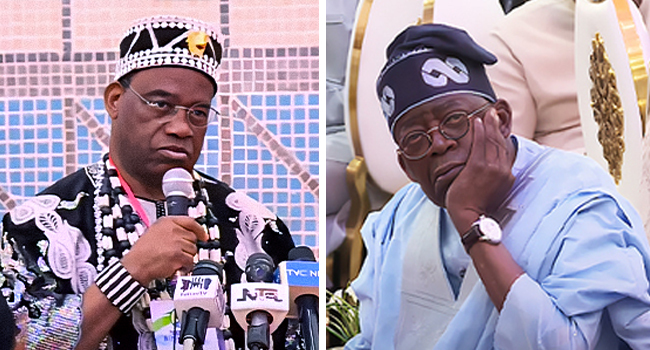
A Traditional Ruler’s Alarm: “This Is War, Not Coexistence Gone Wrong”
The Tor Tiv, visibly emotional and resolute, told Tinubu that mischaracterizing the conflict as a herder-farmer dispute is not only misleading but dangerously underestimates the scale and intent of the violence.
“Wrong diagnosis will always lead to wrong treatment… We are dealing with something far more sinister than we think,” Ayatse warned, framing the violence as a calculated campaign by armed herders and terror gangs to displace indigenous populations and dominate ancestral lands.
His remarks struck at the heart of Nigeria’s decades-old struggle to balance pastoral and agrarian interests, but also signaled a deepening trust deficit between local communities and federal authorities — a divide that has real implications for peace-building, state stability, and regional economic viability.
200 Dead in Yelwata, But Is Tinubu’s Visit Enough?
Tinubu’s visit came in the wake of another gruesome attack in Yelwata community (Guma LGA), where over 200 residents were massacred by suspected armed herders. The incident is just the latest chapter in what has become a chronic humanitarian and security catastrophe in Nigeria’s North Central region.
Although some Benue citizens, especially in the business community, hailed the president’s visit as a gesture of concern, others viewed it as a political performance staged by the ruling APC — complete with choreographed dance troupes, branded banners, and compulsory public participation.
Politics vs. Pain: Divided Reactions on the Ground
Mr. Godwin Chia, a PDP chieftain, accused the APC of converting the president’s condolence visit into a campaign-style rally, despite the backdrop of grief. He lamented the mobilization of school children and civil servants under poor weather conditions to line the streets and “celebrate” — a move seen as tone-deaf and opportunistic by many locals.
Similarly, civil servant John Bunde praised Tinubu’s decision to prioritize Benue over a scheduled Kaduna visit, but decried the political hijack of the occasion.
“The president’s gesture was genuine, but the optics were distorted by political theatrics,” Bunde observed.
On the economic front, business leaders like Wilfred Anongo and Iorpuu Dwem welcomed the visit, expressing cautious optimism that it might finally translate to tangible security interventions and peace initiatives critical to reviving local commerce and agricultural activity.
BRANDECONOMY Insight: The Economic Fallout of Misdiagnosed Conflict
Beyond the human toll, the business ecosystem in Benue — long anchored by agriculture, trade, and SME activity — has been shredded by insecurity, mass displacement, and investor flight. With farmlands abandoned and communities razed, Benue’s contribution to Nigeria’s food basket is steadily eroding.
President Tinubu’s response, both symbolic and strategic, will be closely watched. The region is not just pleading for empathy; it is demanding policy clarity, decisive military action, and economic reconstruction.
Failure to act decisively — or mislabel the crisis yet again — could deepen regional alienation and weaken the federal government’s moral authority in the eyes of both voters and markets.
The Bigger Picture:
As 2025 edges toward midterm political recalibrations, the Tinubu administration faces a critical test: Can it de-politicize insecurity, confront insurgency with realism, and revive economically traumatized regions like Benue?
For now, the president’s presence has been felt — but whether that presence translates into progress is what the Tor Tiv, Benue citizens, and indeed the nation, wait to see.



